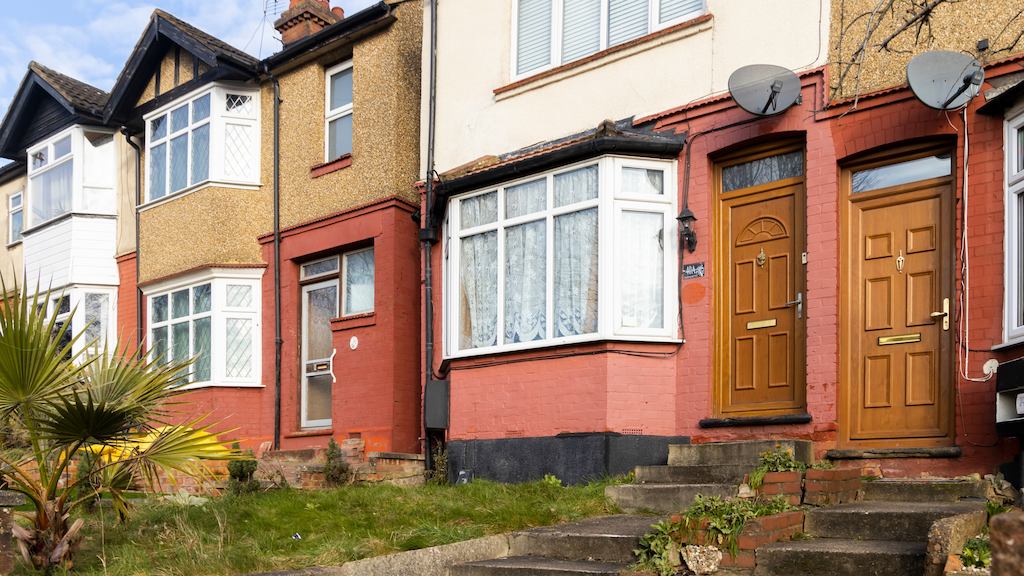Speaking at Prime Minister's Questions today in Parliament, Sir Keir Starmer said ministers would look again at the Winter Fuel Payment threshold to allow "more pensioners" to qualify.
The previously universal winter fuel payment of £200 a year for pensioners under 80, increasing to £300 for over-80s, was restricted to pensioners who qualify for pension credit or other income-related benefits by the government last year.
Analysis by the Centre for Ageing Better in December revealed that more than 2.5 million pensioners who have been stripped of their Winter Fuel Payments struggle by on an income below the standard required for a dignified standard of living. Our analysis revealed one in four (25%) people aged 65 and over were deemed too wealthy for help with their energy bills by the government but too poor to live a dignified life according to the Minimum Income Standard (MIS) established by poverty experts and the general public.
The MIS provides a living standards benchmark for what the public agree is needed to live in dignity and the income required to meet this standard.
Reacting to the Prime Minister’s statement in the Commons today, Dr Carole Easton OBE, Chief Executive at the Centre for Ageing Better, said:
“The Centre for Ageing Better welcomes the Prime Minister’s decision to look again at the restrictive eligibility imposed by his government on the Winter Fuel Payments scheme. We hope that it will lead to more pensioners receiving support this winter to keep their homes warm in order to protect their health.
“Our own research has shown that more than 2.5 million pensioners, living on incomes insufficient to support a dignified standard of living, were stripped of their Winter Fuel Payments by government changes brought in last year.
“As a charity we recognise there is a case to be made for removing this universal right from pensioners who don’t need a Winter Fuel Payment. But the government went too far in restricting the payments to people eligible for Pension Credit which ultimately meant removing support from people who desperately need it.
“This was a poor decision on a human level, creating an avoidable crisis by removing a valued support away from millions. But it was also a poor decision on a financial level as the savings made from reducing the number of payments were likely to be undone by the increased pressures on health services from older people living in homes they couldn’t afford to heat to an adequate level.
“The dangers of cold homes are very real, they kill thousands of people each year. Living in a cold home can harm people in numerous ways including increased blood pressure which increases heart attack risk, suppressed immune response which increases risk of respiratory infections such as pneumonia and chest infections. Cold conditions reduce dexterity and grip strength which can lead to dangerous falls and they lead to worse mental health outcomes too.
“In the short-term, the government should look to widen the eligibility criteria for Winter Fuel Payments to include more pensioners on low incomes. But in the longer-term, we also need to see more action from government to tackle the underlying fundamentals to this issue, that we have some of the highest energy bills and least energy efficient homes in Europe.
“We need the government’s upcoming Housing Strategy to have clear guidance on tackling poor-quality homes in this country, and in particular how to fix cold and dangerous homes across all tenures. To achieve this, the housing strategy should dedicate sufficient, long-term funding that allows for easy-to-access and trustworthy home improvement support at a local level for all.”

